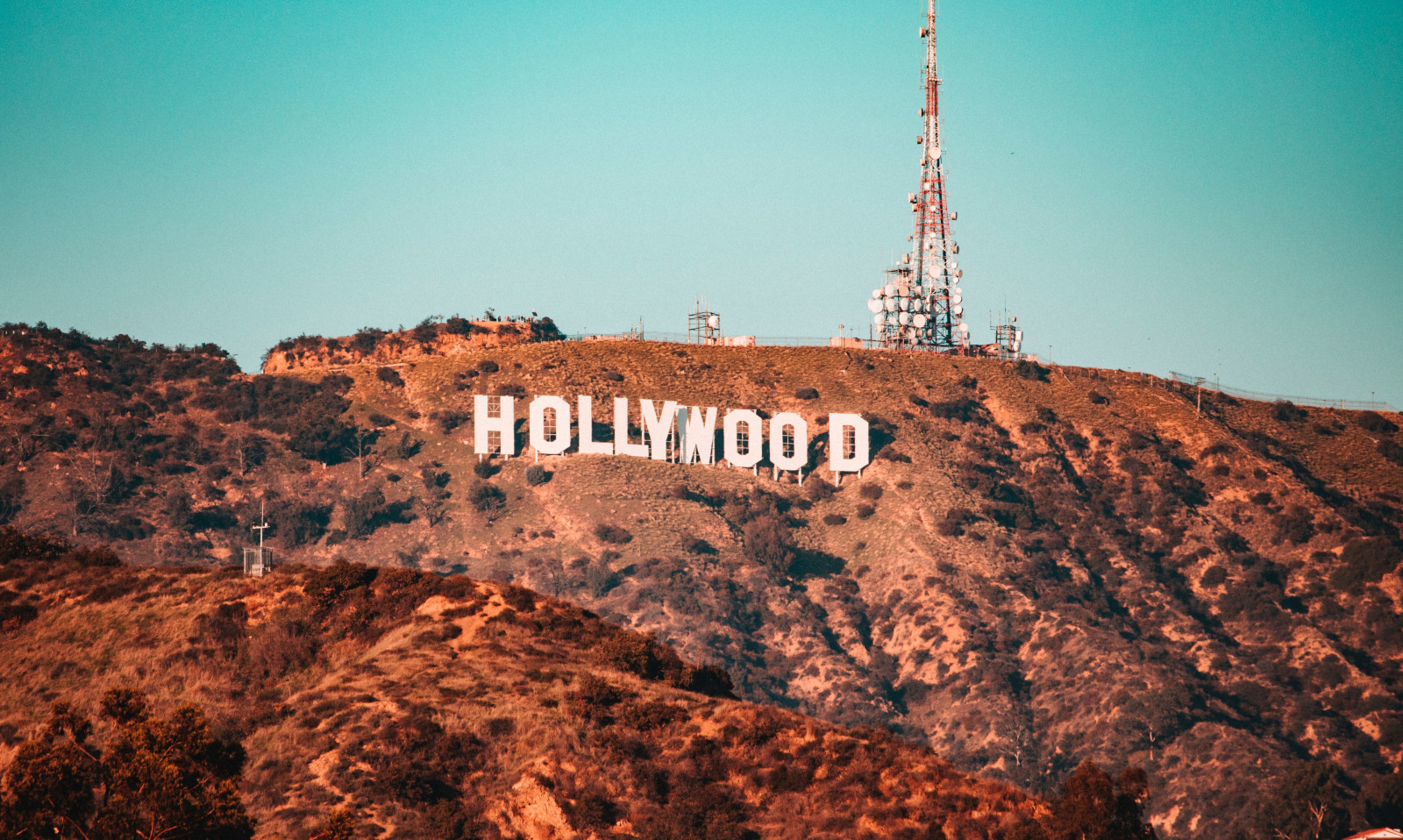What ‘Barbie’, ‘The Idol’, and more say about the future of artists in film

Photo: Vincentas Liskauskas

2023 is already shaping up to be another big year for music artists in Hollywood. Late last month, Jack Harlow made his acting debut in a Hulu remake of 1992 basketball comedy White Men Can’t Jump. The Weeknd (who is now going by Abel Tesfaye) stars in Max’s controversial new series, The Idol, in which BLACKPINK's Jennie also makes her acting debut. And next month, Dua Lipa will appear in Barbie.
Casting artists in film and TV is a classic strategy for helping them reach new audiences, unearth new revenue streams, and expand their cultural clout. This strategy is increasingly important in today’s fierce competition for attention and fandom. There is a lot we can learn from this summer’s slate of releases — and next summer’s may look very different.
The last vestige of the mainstream era
Across entertainment, consumption is fragmenting – such that a few “mainstream” hits are being replaced by more, smaller hits for individuals and their communities. But that process is happening more quickly in music than in TV and film, where the barrier to entry is still limited by things like production costs. As MIDiA has noted, TV and film are some of the last remaining spaces where mainstream cultural moments still happen. So, as record labels struggle to produce new stars, it makes sense that they might look to film and TV for help. It is telling that both Harlow and Lipa’s films tap into the past, mainstream success of other franchises: White Men is a remake, and Barbie is, well, Barbie.
These roles help Harlow and Lipa build their respective brands in new formats. White Men is a perfect vehicle for the self-aware sense of humour and earnestness Harlow is known for. Lipa’s polished, pop star aesthetic — she just collaborated with Versace! — is a perfect fit for Barbie, as is her contribution to the film soundtrack, helping her sustain mainstream attention between album cycles.
The Hollywood strategy is not just about competing for attention, but also for identity. Identity is the root of fandom — we become fans of something or someone because it resonates with who we are, or who we want to be. Roughly half of all consumers say that the music they listen to is “very much” a reflection of who they are (MIDiA Research consumer survey, Q1 2023). But 40% say the same about the movies and TV shows they watch, 40% about the clothes they wear, and 30% about the sports teams they support. With their film and TV roles, Harlow and Lipa are tapping into these competing identity drivers, which amplifies their ability to cultivate fandom.
Featured Report
MIDiA Research 2026 predictions Change is the constant
Welcome to the 11th edition of MIDiA’s annual predictions report. The world has changed a lot since our inaugural 2016 edition. The core predictions in that report (video will eat the world, messaging apps will accelerate) are now foundational layers of today’s digital economy.
Find out more…Niche ≠ small
This pathway to the mainstream will not last forever, as TV and film are fragmenting into niches, too. The Hollywood Reporter noted that The Idol premiere drew 913,000 viewers — a lacklustre number, but in line with other recent Max debuts. Labels can continue to try and crack the traditional mainstream through blockbuster films like Barbie, but this strategy will have diminishing returns. By diluting the content enough to appeal to as many people as possible, it will only ever have light resonance for anyone.
The good news is that “niche” does not necessarily mean small — it just means specialised. The streaming era allows niche audiences to find each other and scale. This is part of what makes it possible for YouTube content creators making slime videos to have millions of subscribers, while a Max series premiere fails to crack 1 million views. In other words, the result of niche being the new mainstream is that mainstream is becoming the new niche. Now and in the future, labels and artists have a better chance of building an artist’s brand, tapping into identity drivers, and cultivating fandom by working on TV and film projects that are as specialised as possible. The Idol is the most specialised of the bunch here, but we might see artists go further down the niche rabbit hole, such as by making appearances with YouTubers instead of within TV series.
Story is becoming decoupled from format
So far, we have explored how music artists can use Hollywood. One final note is about how Hollywood might use music. The boundaries between types of entertainment content have been blurring for years, such that the same story may now be told across multiple formats. A great example is the video game series The Last of Us, which was turned into a television series, and also has a companion podcast.
While many music artists’ stories have been adapted into biopics, we may start to see the trend go in the other direction — where stories originating in TV, movies, books, and podcasts are adapted into music. For example, in March, Amazon Prime Video released a TV series version of the popular book Daisy Jones & The Six, which follows a fictional band. Warner Music Group's Atlantic Records released the fictional band’s album, which is being marketed as if the band were real. The takeaway? Perhaps more labels and publishers will start to view film and TV as the starting point for new acts, rather than just another stop on their way up. Hannah Montana may have been ahead of her time.

There is a comment on this post, add your opinion.